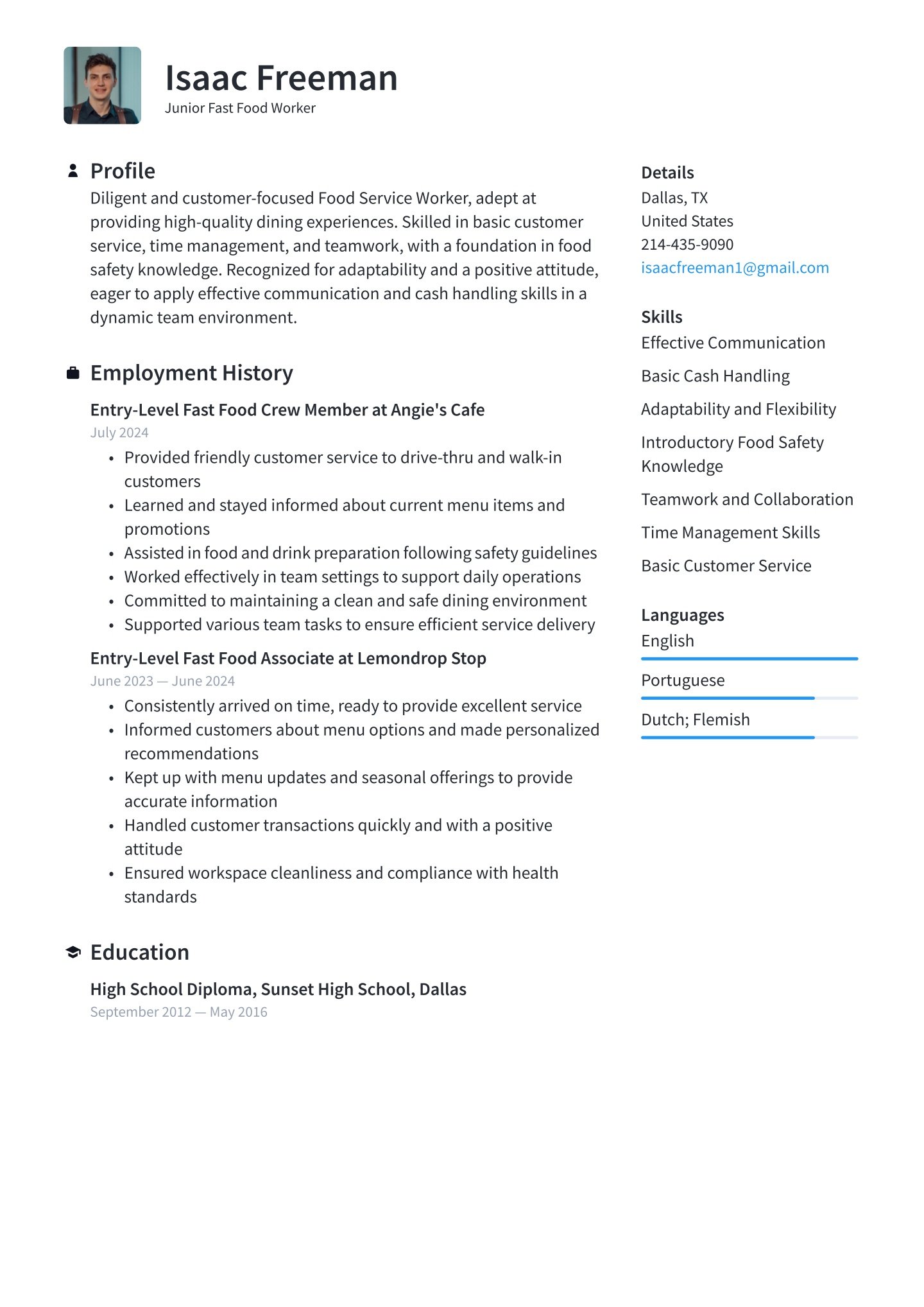
A recovery room nurse is a registered nurse who provides care to patients who are recovering from surgery or other procedures. They are responsible for monitoring the patient’s vital signs, administering medications, and providing pain relief. Recovery room nurses also educate patients on their post-operative care and discharge instructions.
Recovery room nurses play a vital role in the patient’s recovery process. They ensure that patients are comfortable and safe after surgery and that they receive the necessary care to promote healing. Recovery room nurses also provide emotional support to patients and their families during a stressful time.
To become a recovery room nurse, you must be a registered nurse with at least one year of experience in a critical care setting. You must also have strong assessment and critical thinking skills, as well as the ability to work well under pressure. Recovery room nurses must be able to work independently and as part of a team.
1. Patient care
Patient care is a central component of a recovery room nurse job description. Recovery room nurses are responsible for providing care to patients who are recovering from surgery or other procedures. This includes monitoring the patient’s vital signs, administering medications, and providing pain relief. Recovery room nurses also educate patients on their post-operative care and discharge instructions.
Providing quality patient care is essential for the recovery room nurse. They must be able to assess the patient’s needs, develop a plan of care, and implement that plan effectively. Recovery room nurses must also be able to communicate effectively with patients and their families, and work well as part of a team.
The ability to provide quality patient care is a key skill for recovery room nurses. This skill is essential for ensuring that patients receive the best possible care and have a positive recovery experience.
Here are some examples of how recovery room nurses provide patient care:
- Monitoring the patient’s vital signs, including blood pressure, heart rate, and respiratory rate.
- Administering medications, such as pain relievers, antibiotics, and anti-nausea medications.
- Providing pain relief, such as applying ice packs, administering pain medication, and positioning the patient comfortably.
- Educating patients on their post-operative care, including how to care for their, take their medications, and manage their pain.
Recovery room nurses play a vital role in the patient’s recovery process. They provide quality care to patients who are recovering from surgery or other procedures, and help to ensure that patients have a positive recovery experience.
2. Education
Educating patients on their post-operative care and discharge instructions is an essential component of a recovery room nurse job description. Recovery room nurses play a vital role in ensuring that patients have a smooth and successful recovery after surgery.
By providing patients with clear and concise instructions on their post-operative care, recovery room nurses can help to prevent complications and promote healing. For example, recovery room nurses may educate patients on how to care for their surgical incision, take their medications, manage their pain, and prevent infection. They may also provide patients with information on diet, activity restrictions, and follow-up appointments.
In addition to providing verbal instructions, recovery room nurses may also provide patients with written materials, such as pamphlets or brochures, to reinforce their teaching. They may also answer patients’ questions and address any concerns they may have about their recovery.
Educating patients on their post-operative care and discharge instructions is an important part of the recovery room nurse’s role. By providing patients with the knowledge and skills they need to care for themselves after surgery, recovery room nurses can help to ensure a positive and successful recovery.
3. Collaboration
This aspect of the recovery room nurse job description is essential for providing safe and effective patient care. Recovery room nurses collaborate with other members of the healthcare team to ensure that patients receive the best possible care.
- Communication: Recovery room nurses communicate with other members of the healthcare team to share information about the patient’s condition, progress, and any concerns. This communication is essential for ensuring that the patient receives the best possible care.
- Coordination of care: Recovery room nurses coordinate care with other members of the healthcare team to ensure that the patient’s needs are met. This includes coordinating the patient’s discharge planning and follow-up care.
- Teamwork: Recovery room nurses work as part of a team to provide care to patients. This teamwork is essential for ensuring that the patient receives the best possible care.
The ability to collaborate with other members of the healthcare team is an essential skill for recovery room nurses. This skill is essential for providing safe and effective patient care.
4. Critical thinking
Critical thinking is a key skill for recovery room nurses. They must be able to quickly assess a patient’s condition, identify potential problems, and make decisions about the best course of action. This is especially important in situations where the patient’s condition is changing rapidly or there is a risk of complications.
- Assessment: Recovery room nurses must be able to quickly and accurately assess a patient’s condition. This includes assessing the patient’s vital signs, physical appearance, and level of consciousness. Recovery room nurses must also be able to identify potential problems, such as bleeding, infection, or respiratory distress.
- Decision-making: Once the recovery room nurse has assessed the patient’s condition, they must be able to make quick decisions about the best course of action. This may involve deciding whether to call the doctor, administer medication, or take other steps to stabilize the patient’s condition.
- Problem-solving: Recovery room nurses must be able to solve problems quickly and efficiently. This may involve troubleshooting equipment, finding alternative solutions to problems, or developing new ways to improve patient care.
- Communication: Recovery room nurses must be able to communicate effectively with other members of the healthcare team. This includes communicating the patient’s condition, any changes in the patient’s condition, and any decisions that have been made about the patient’s care.
Critical thinking is an essential skill for recovery room nurses. It allows them to provide the best possible care to their patients and to respond quickly to changing situations. Recovery room nurses who are able to think critically are more likely to be successful in their careers and to provide high-quality care to their patients.
FAQs on “Recovery Room Nurse Job Description”
This section provides answers to frequently asked questions about recovery room nurse job descriptions.
Question 1: What are the key responsibilities of a recovery room nurse?
Recovery room nurses provide care to patients who are recovering from surgery or other procedures. They monitor the patient’s vital signs, administer medications, and provide pain relief. Recovery room nurses also educate patients on their post-operative care and discharge instructions.
Question 2: What is the educational background required to become a recovery room nurse?
Recovery room nurses must be registered nurses with at least one year of experience in a critical care setting. Some employers may also require recovery room nurses to have additional training or certification in recovery room nursing.
Question 3: What are the key skills and qualities required to be a successful recovery room nurse?
Successful recovery room nurses have strong assessment and critical thinking skills, as well as the ability to work well under pressure. They are also able to work independently and as part of a team. Recovery room nurses must be compassionate and have a strong desire to help others.
Question 4: What is the work environment of a recovery room nurse like?
Recovery room nurses work in a fast-paced and demanding environment. They must be able to work well under pressure and as part of a team. Recovery room nurses must also be able to handle the physical and emotional demands of the job.
Question 5: What is the career outlook for recovery room nurses?
The career outlook for recovery room nurses is positive. The demand for recovery room nurses is expected to grow as the population ages and the number of surgical procedures increases.
Question 6: What are the salary expectations for recovery room nurses?
The salary expectations for recovery room nurses vary depending on experience, location, and employer. According to the U.S. Bureau of Labor Statistics, the median annual salary for registered nurses was \$75,330 in May 2021.
These are just a few of the frequently asked questions about recovery room nurse job descriptions. For more information, please consult with a healthcare professional.
Conclusion
Recovery room nurses play a vital role in the healthcare system. They provide essential care to patients who are recovering from surgery or other procedures. If you are interested in a career in nursing, recovery room nursing may be a good option for you.
Tips for Recovery Room Nurses
Recovery room nurses play a vital role in the healthcare system. They provide essential care to patients who are recovering from surgery or other procedures. Here are a few tips for recovery room nurses to help them succeed in their role:
Tip 1: Be prepared for anything.
Recovery room nurses must be prepared to handle any situation that may arise. This includes being able to assess a patient’s condition, administer medications, and provide pain relief. Recovery room nurses must also be able to work well under pressure and as part of a team.
Tip 2: Be compassionate and understanding.
Recovery room nurses work with patients who are often in pain and discomfort. It is important for recovery room nurses to be compassionate and understanding towards their patients. They must also be able to communicate effectively with patients and their families.
Tip 3: Stay up-to-date on the latest medical advancements.
Recovery room nurses must stay up-to-date on the latest medical advancements in order to provide the best possible care to their patients. This includes attending continuing education courses and reading medical journals.
Tip 4: Be an advocate for your patients.
Recovery room nurses are often the first to notice changes in a patient’s condition. It is important for recovery room nurses to be advocates for their patients and to speak up if they have any concerns about the patient’s care.
Tip 5: Take care of yourself.
Recovery room nursing is a demanding job. It is important for recovery room nurses to take care of themselves both physically and mentally. This includes eating healthy, getting enough sleep, and exercising regularly.
Summary
Recovery room nurses play a vital role in the healthcare system. By following these tips, recovery room nurses can provide the best possible care to their patients and succeed in their role.
Conclusion
Recovery room nursing is a rewarding career that offers the opportunity to make a real difference in the lives of patients. If you are interested in a career in nursing, recovery room nursing may be a good option for you.



